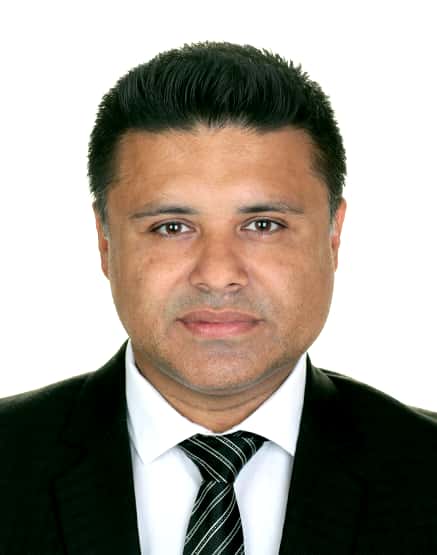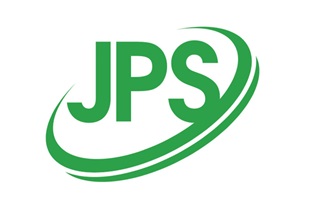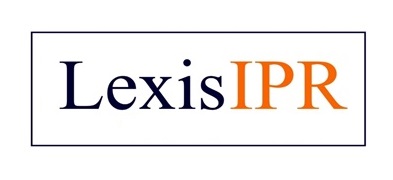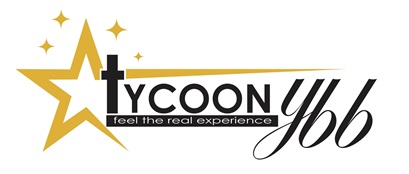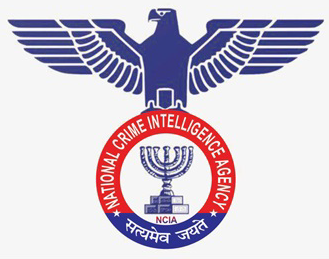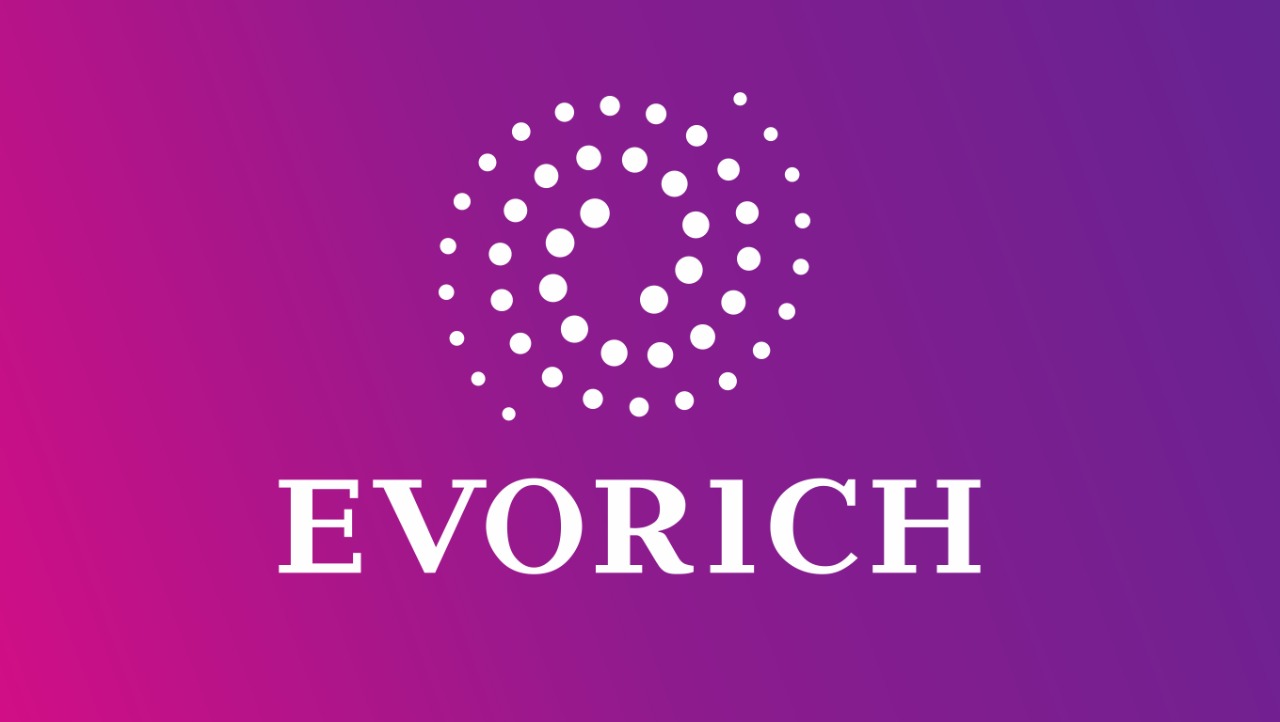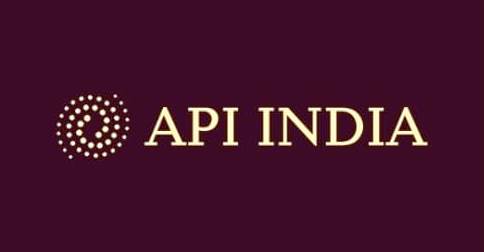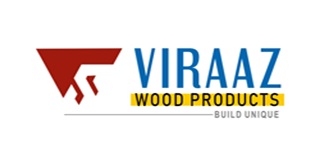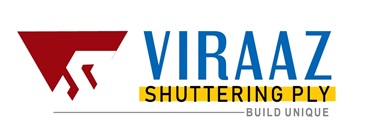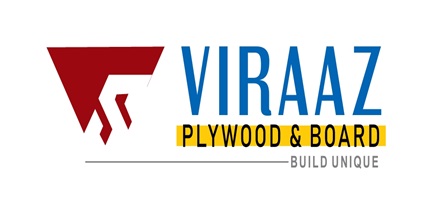Healthcare & Hospitality
Civil litigation, Criminal , Commercial Litigation, Arbitration Proceedings, Intellectual Property Rights , Personal & Family Litigation, Income Tax Litigation, GST , Company Law , Consumer Case , Mediation & Conciliation.
3000 +
Happy clients
300 +
Advocate, CA, CS
10 +
Associates Offices
Request A Call Back
The change in the government’s role from provider to payer has expanded the financial risk protection coverage to the marginalized. Indian healthcare delivery system is categorized into two major components – public and private. The Government, i.e. public healthcare system comprises limited secondary and tertiary care institutions in key cities and focuses on providing basic healthcare facilities in the form of Primary Healthcare Centers (PHCs) in rural areas. The private sector provides majority of secondary, tertiary and quaternary care institutions with a major concentration in metros, tier I and tier II cities.
India’s competitive advantage lies in its large pool of well-trained medical professionals. India is also cost competitive compared to its peers in Asia and Western countries. The cost of surgery in India is about one-tenth of that in the US or Western Europe. The healthcare market can increase three fold to Rs 8.6 trillion (US$ 133.44 billion) by 2022. India is experiencing 22-25 per cent growth in medical tourism and the industry is expected to double its size from present (April 2017) US$ 3 billion to US$ 6 billion by 2018. Medical tourist arrivals in India increased to 1.07 million in January 2018 from 0.98 million in January 2017. There is a significant scope for enhancing healthcare services considering that healthcare spending as a percentage of Gross Domestic Product (GDP) is rising. Rural India, which accounts for over 70 per cent of the population, is set to emerge as a potential demand source. In 2017, the Government of India has provided grant-in-aid for setting up of AYUSH educational institutions in States and Union Territories.
Policy Regime:
The hospital and diagnostic centers attracted Foreign Direct Investment (FDI) worth US$ 4.99 billion between April 2000 and December 2017, according to data released by the Department of Industrial Policy and Promotion (DIPP). Some of the recent investments in the Indian healthcare industry are as follows:
- India and Cuba have signed a Memorandum of Understanding (MoU) to increase cooperation in the areas of health and medicine, according to Ministry of Health and Family Welfare, Government of India.
- Fortis Healthcare has approved the de-merger of its hospital business with Manipal Hospital Enterprises. TPG and Dr. Ranjan Pal could invest Rs.3,900/- crore (US$ 602.41 million) in Manipal Hospital Enterprise.
Major Players of the Industry
There are numerous social insurance organizations working in the nation and offering different medicinal services administrations of chief quality. This post depicts about the main top 10 best healthcare companies in India 2018:-
- Apollo Munich.
- Fortis Healthcare Limited.
- Apollo Hospitals Enterprise Limited.
- Religare Healthcare Company limited.
- Piramal Enterprises Limited.
- Wockhardt Limited.
- Cipla Limited
- Reddy’s Laboratories.
- Sun Pharma
- Lupin Pharmaceuticals
Legal services of Preach Law LLP
The firm provides advice on cutting-edge issues that cover multiple legal and business disciplines. Our expertise and understanding of the business is the foundation for providing full range of legal services including:
- Arbitrations & Litigation
- Foreign Investments
- Regulatory
- Structuring
- Offset policy
- Statutory Compliances
- Joint Ventures
- Contracts
- Teaming Agreements
- Auction/Bid Management etc.
- Tax & Regulatory Structuring
- Sourcing/Supply and Service Agreements.
- Regulatory Approvals/Representations
- Advisory Services
- Information Technology Enablement
- Review/Appeal of Administration Decisions









